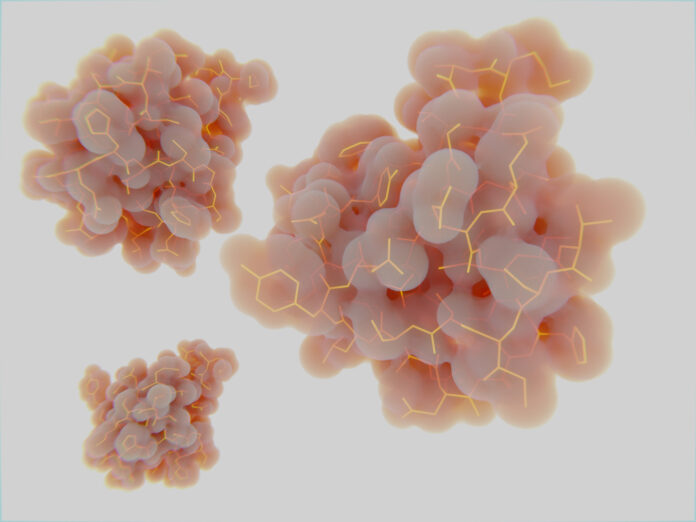
Researchers led by Hiroshi Ohno, MD, PhD, at Japan’s RIKEN Center for Integrative Medical Sciences have identified gut bacteria that reduces insulin resistance and may protect against type 2 diabetes and obesity. Their study, published today in Nature, involved analyzing human fecal microbiomes then corroborating their results with tests on mouse models of obesity.
One potential cause of diabetes has been how the bacteria in the gut break down carbohydrates during digestion. To date, however, solid evidence of this is sparse due to a lack of metabolic data. Members of the Laboratory for Intestinal Ecosystem at RIKEN, led by Ohno, set out to begin unraveling the role of the gut microbiome and in the process discovered a type of bacteria that may help reduce insulin resistance.
For their study, the team examined the metabolites in the feces of more than 300 adults who provided these samples during a regular health checkup and compared the metabolic findings of each person with their insulin resistance level.
“We found that higher insulin resistance was associated with excessive carbohydrates in the fecal matter,” said Ohno, “especially monosaccharides like glucose, fructose, galactose, and mannose.”
The next step was to characterize the gut microbiota and their relationship to insulin resistance and carbohydrate levels. This analysis revealed the people with higher insulin resistance contained more from the Lachnospiraceae order of bacteria compared to other orders. The team’s findings also showed that people whose gut microbiome contained Lachnospiraceae also exhibited an excess of carbohydrates in their feces, which showed that the bacteria was associated to both insulin resistance and an excess of monosaccharides. Conversely, insulin resistance and monosaccharide levels were lower in people whose guts contain more of the Bacteroidales-type bacteria compared to other types.
Using this information, the team set out to study the direct effects of Bacteroidales on metabolism. In culture, Bacteroidales bacteria consumed the same kind of monosaccharides that were found in people who had high insulin resistance, with the species Alistipes indistinctus consuming the broadest variety. Moving to mouse models, the researchers sought see how treatment with a range of different bacteria would affect blood sugar levels. Once again, the results showed the A. indistinctus lowered blood sugar, reduced insulin resistance and the amount of carbohydrates available.
This new information could have implications for future clinical treatments.
“Because of its association with insulin resistance, the presence of gut Lachnospiraceae bacteria could be a good biomarker for pre-diabetes. Likewise, treatment with probiotics containing A. indistinctus might improve glucose intolerance in those with prediabetes,” Ohno said.
While most over-the-counter probiotics do not currently contain the bacteria identified in this study, Ohno said people should be cautious should they become available. “These findings need to be verified in human clinical trials before we can recommend any probiotic as treatment for insulin resistance,” he concluded.













